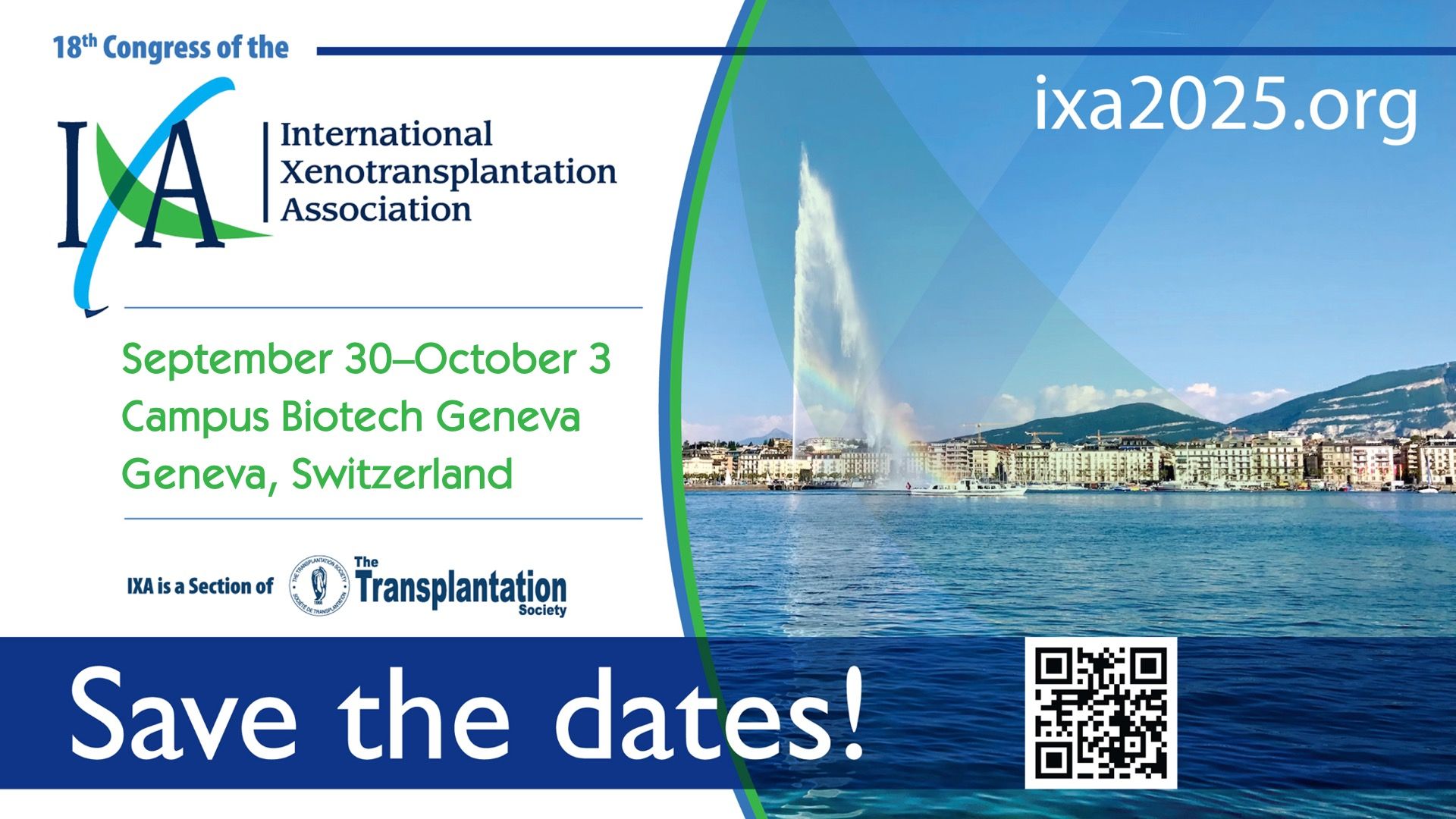- About
- Journal
- Newsletter
- Education
- Searchable Multimedia Library
- 2025 - IXA Congress (Geneva)
- 2023 - IPITA-IXA-CTRMS Joint Congress (San Diego)
- 2021 - IXA-CTRMS Joint Virtual Congress
- 2019 - IXA Congress (Munich)
- 2017 - IXA Congress (Baltimore)
- 2015 - IPITA-IXA-CTRMS Joint Meeting (Melbourne)
- 2013 - IXA Congress (Osaka)
- 2009 - IPITA-IXA Joint Meeting (Venice)
- Resources
- AWARD & GRANTS
- Meetings
- Members Area
- Donate
Member Login

Dear Colleagues,
On behalf of the International Xenotransplantation Association, we invite you to participate in our 2025 Council Election. To be eligible to vote you must be a Full, Trainee, Emeritus or Honorary member of IXA.
To cast your ballot:- Log in into your account
- Prior to accessing the ballot you may view bios and photos on this page.
- Click the button below and you will be taken to the election ballot.
Deadline to vote: Friday March 14, 2025
Thank you for being an active member of our Association. We look forward to sharing the results of our election during the IXA Business Meeting which will take place at the IXA Congress being held on September 30-October 3, 2025 in Geneva, Switzerland.
Visit www.ixa2025.org for more information. Hope to see you there!
Sincerely,
Rita Bottino
IXA Secretary-Treasurer
Nominees
President-Elect (Choose 1)
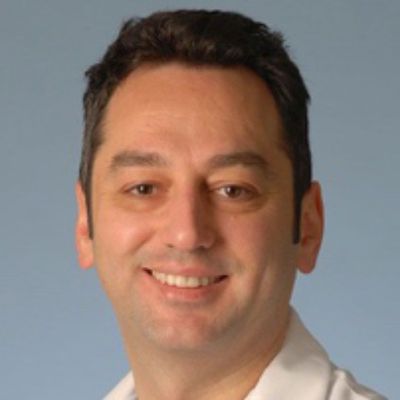

Bio
Burcin Ekser, MD, PhD, studied medicine in Turkey and Italy, and carried out xenotransplantation research at the University of Pittsburgh. He is a Professor of Surgery and Surgical Director of Liver Transplantation at Loyola University Chicago. His laboratory has been funded by NIH and other extramural agencies and is involved in xenotransplantation research and 3D liver models. He is an active member of all of the major transplant societies and has served as a member and/or chair of their committees. He has been a council member of the IXA for 4 years, representing North America. He has published >200 peer-reviewed scientific articles and holds patents in xenotransplantation and 3D organ models. He serves as the deputy editor for the International Journal of Surgery (2nd highest impact in Surgery Category). He previously won several young investigator and rising star in transplant surgery awards from many different societies. He received several mentored awards for his mentees. Most recently, he was the recipient of a TTS International Transplantation Science Mentor Award and NIH NHLBI Outstanding Faculty Mentor Awards. He would be honored to serve the IXA as its president and would devote his energy to expanding and enhancing its international activities.


Bio
Dr. Ik Jin Yun is a transplantation surgeon and xenotransplantation researcher who has studied preclinical pig to NHP xenotransplantation. In 2011, he received national funding for the research of xenotransplantation and is now the general PI of the largest scale national research grant (6 million/year) until 2027. He is the leader of Korean Society of Xenotransplantation. He and his research team have the longest survival rates of heart, kidney and partial cornea xenotransplantation in Korea. He has been a member of the IXA since 2011 and has participated in all of the IXA biennial congresses since then.
Dr. Yun has been a councilor of IXA since 2021 and if he is elected to the President-Elect role he pledges to make every effort to expand the science and clinical trials of Xenotransplantation in emerging economy nations and other areas of the globe aside from Europe and USA.
Secretary/Treasurer (Running Unopposed)
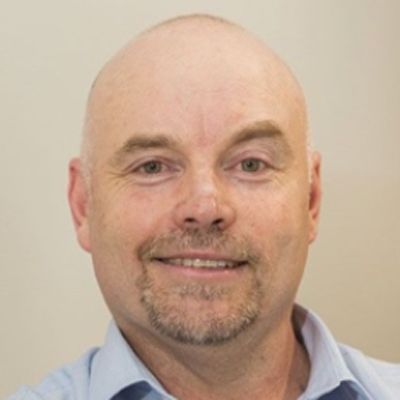

Bio
Prof. Hawthorne is a Professor of Transplantation at the Department of Surgery, Westmead, University of Sydney, Director of the National Pancreas and Islet Transplant Laboratories, Westmead Hospital, and the Director of the Australian Xenotransplantation Research Program at the Westmead Institute for Medical Research, Westmead, Sydney, Australia.
He has a strong allegiance to, and an invaluable knowledge of the IXA and its finances and workings. He has been a member for more than 25 years and has served on the IXA council for the past 10 years serving initially as a councilor then President Elect, President, and most recently Immediate Past-President.
Within the international transplant community, he has a strong commitment to establishing safe and efficacious Xenotransplantation to become a clinical therapy. As such, he has led the endeavour to establish the most up to date and informed guidance documents. He has organized several soon to be jointly published “White Papers” on xenotransplantation including the IXA Position Paper on the History, Current Status, and Regulation of Xenotransplantation. Prof. Hawthorne represented IXA and the field of xenotransplantation in the (WHO) Global Summit “Towards Global Convergence in Transplantation: Sufficiency, Transparency and Oversight” resulting in the formulation of the “Santander Statement" and was chair of the IXA-TTS-WHO meeting to revise the guidelines for clinical xenotransplantation, resulting in the WHO “2018 Changsha Communiqué”. He was an organizer of the 2017 IXA - FDA regulatory meeting at the 14th IXA Congress in Baltimore; the 2016 IXA - FDA regulatory consultation at the ATC in Boston; the 2015 IPITA/IXA/CTS Joint Congress Symposium; Prospects for Clinical Islet Xenotransplantation (CIX) in Melbourne and the 2nd International Conference on Clinical Islet Xenotransplantation, San Francisco, 2014.
He has served on and/or chaired various Congress boards and Scientific Program Committees including for the forthcoming 2025 IXA Congress in Geneva, 2023 IPITA/IXA/CTRMS Joint Congress in San Diego, the 2019 IXA Congress in Munich, the 2019 IPITA Congress in Lyon (as IXA representative), the 2017 IXA Congress in Baltimore, and the 2015 IPITA/IXA/CTS Joint Congress in Melbourne. He is also a regular presenter of Podcasts and Webinars representing the IXA and TTS.
Prof. Hawthorne pledges to continue to strongly and actively support the council of the IXA in their endeavours and the entire xenotransplantation community to achieve safe and efficacious clinical xenotransplantation.
Councilor Asia / Europe (Choose 1)
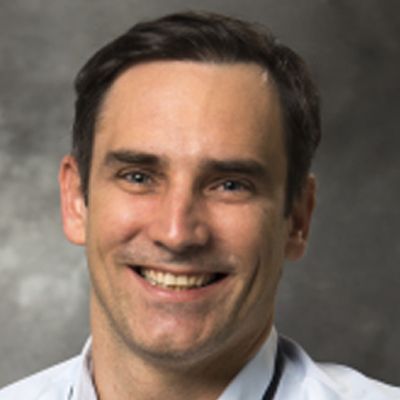

Bio
Professor Alexandre Loupy, MD, PhD, is the Head of Team 11 at the National Institute of Medical Research (INSERM) U970 and a Professor of Nephrology at Necker Hospital, University of Paris, France. His research focuses on artificial intelligence and multi-organ transplantation analytics, including allograft transplantation, rejection, antibodies, and population sciences. Dr. Loupy holds two PhDs, in cell biology (2011) and biostatistics (2014). Since 2015, he has led the Paris Expertise Centre for Organ Transplantation at PARCC U970, home to the Paris Transplant Group, recognized for groundbreaking research that has influenced clinical practice. In 2017, he was appointed Professor of Nephrology and Epidemiology in the Kidney Transplant Department at Necker Hospital. A recognized leader in transplantation, Dr. Loupy has served as Director of the Banff Scientific Committee since 2014 and is an FDA expert. He has received prestigious awards, including the AST Clinical Science Investigator Award (2017) and the National Academy of Medicine Award for his work on renal transplantation and biomarker identification. Dr. Loupy has secured major research funding, leading H2020 (EU-Train) and RHU (KTD-Innov, iTRANSPLANT) projects. He has published high-profile articles in Nature Medicine and The Lancet on precision diagnostics in clinical xenotransplantation.
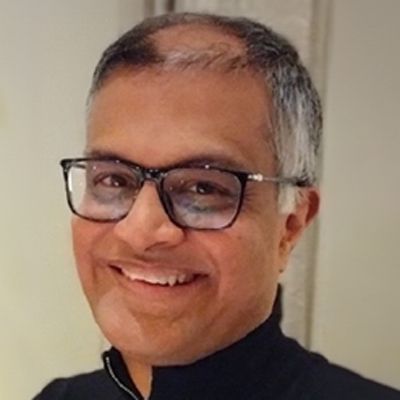

Bio
Dr. Ravanan is a transplant physician with long term interests in high immunological risk transplantation and medical leadership. As xenotransplantation takes significant leaps towards becoming a viable treatment option, I’m passionate to inclusively work with likeminded colleagues across the world to debate and develop scientifically robust and clinically safe frameworks for safe integration of this novel technology. I strongly believe working collaboratively provides the best chance for cost effective, early and safe evaluation of xenotransplantation plus provide the foundations for the next generation of clinicians and scientists to further progress this exciting field. Recent leadership of the UK xenotransplant advisory group (which included international observers from France, Germany, Spain, Italy, Australia and New Zealand) plus being a previous council member and current Treasurer of the British Transplantation Society provides me with the experience and tools for working effectively in a professional organization such as the IXA. If elected, I will prioritize my efforts to ensuring all voices are heard and collaboration maximized to ensure best outcomes for patients and clinicians.
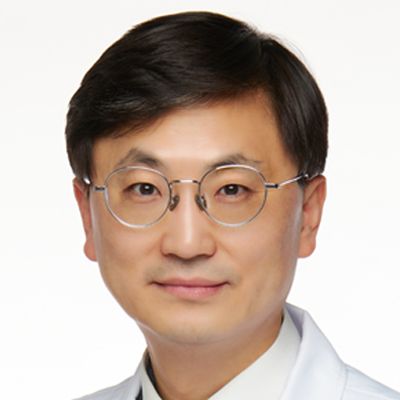

Bio
Jaeseok Yang is a transplant physician and immunologist in South Korea. He is currently a professor in Division of Nephrology, Yonsei University College of Medicine, Severance Hospital, Seoul, Korea. He has served as the chief of kidney transplantation section, Korean Organ Transplantation Registry.
He received M.D. in 1995 and Ph.D. in 2006 at Seoul National University Medical College and had resident training and Fellowship at Seoul National University Hospital. He worked as a public health doctor in Korean FDA and had a Fellowship at University of Pennsylvania, USA (2004-2006) and a Visiting Scholar at Tokyo Women’s Medical University, 2010. He had worked as a Professor in Transplantation center, Seoul National University Hospital (2009-2021).
Dr. Yang received Young Investigator Award, the American Society of Transplantation, 2006, New Key Opinion Leader Award, The Transplantation Society, 2008, and Academic Grand Award, the Korean Society for Transplantation, 2022.
He has participated in kidney transplant patient care as well as transplant immunologic research. His main research interests are immunosuppressive strategy and immune regulation in xenotransplantation and ABO-incompatible transplantation. As one of pioneers in Korean xenotransplantation, he has studied role of human CD200 in xenoimmune responses (Xenotransplantation 2024, Science Advances 2021, Transplantation 2018) and developed human CD200-transgenic pigs.


Bio
Professor Takashi Yokoo is a visionary leader and trailblazer in nephrology. As a Professor in the Department of Nephrology and Hypertension at The Jikei University School of Medicine, he has consistently pushed the boundaries of medical science with groundbreaking contributions to basic, translational, and clinical nephrology. For more than two decades, Professor Yokoo has been at the forefront of renal regeneration research. Notably, he spearheaded the development of the revolutionary "embryonic organ complementation system." This ingenious method involves utilizing an organ development niche of xeno-animal to guide the differentiation and maturation of human renal progenitor cells into functional kidney organs. By replacing native nephron progenitor cells (NPCs) with human iPS derived ones, Professor Yokoo and his team have successfully regenerated kidney cells capable of producing urine from host blood. This remarkable breakthrough has redefined the landscape of regenerative medicine. Professor Yokoo’s work has captured global attention. His achievements were featured in Nature News, and a photograph of a mature kidney generated using his methods was honored as Nature’s “Best Image of the Year 2024.” His relentless dedication, groundbreaking discoveries, and commitment to improving patient care make him a deserving the councilor (Asia) of IXA.
Councilor North America (Choose 1)
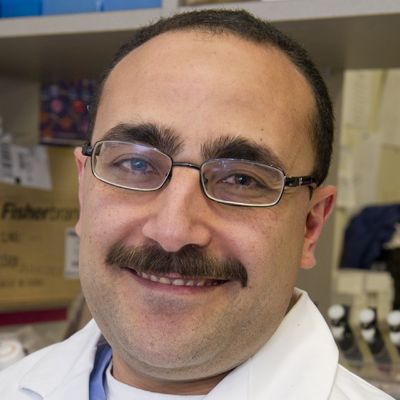

Bio
Dr. Ezzelarab is a Professor of Surgery and Cardiothoracic Surgery, and the director of the nonhuman primate transplant program at the Thomas E. Starzl transplant Institute at the University of Pittsburgh. Dr. Ezzelarab obtained his medical degree from the University of Alexandria, EGYPT, where he completed his training in General Surgery. He then joined the Starzl Transplant Institute where he finished his post-doctoral training in transplant immunobiology under the mentorship of Professor David Cooper.
Dr. Ezzelarab's research focuses on translational studies aiming at understanding the immunobiology of both allograft and xenograft rejection. Additionally, his research laboratory is focused on studying the development of novel therapeutic strategies to avert graft rejection. Dr. Ezzelarab has been the lead, co-author and senior author in over 100 papers in xenotransplantation. He has been an active member of the IXA, TTS and AST. Also, he has been a member of the IXA Vanguard committee. Dr. Ezzelarab has been a PI, co-investigator and project leader of several NIH-funded grants.
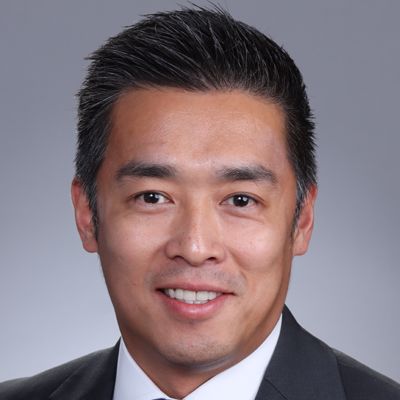

Bio
Chak-Sum (Sam) Ho, PhD, F(ACHI) is a transplant immunologist and serves as the histocompatibility laboratory director of multiple clinical laboratories. His research focuses on xenocompatibility, specifically the development and application of laboratory diagnostics for assessing the immunological compatibility between porcine xenograft donors and human recipients. He was among the first to have developed assays for genotyping of swine leukocyte antigens (SLA) in pigs, the equivalents of human leukocyte antigens (HLA) in humans, which are the most important immunological determinants in clinical solid organ and stem cell transplantation. His research laboratory has essentially been serving as the national clearing house for SLA genotyping for various research applications and he has extensive experience in sequence specific analysis and haplotype association. For the past 15 years, he has been serving as Chair of the SLA Nomenclature Committee of the International Society for Animal Genetics and the International Union of Immunological Societies, and responsible for curating the SLA nomenclature system and its database.


Bio
Daniel J. Hurst, PhD, ThM, MDiv, MSc is an academic bioethicist who specializes in the ethical and social aspects of xenotransplantation. Hurst began his academic career at The University of Alabama at Birmingham where he was involved in xenotransplantation patient viewpoint studies alongside David KC Cooper, MD, PhD. Since 2000, Dr. Hurst has been based at the Rowan-Virtua School of Osteopathic Medicine--New Jersey's largest medical school--where his main research agenda continues to be on xenotransplantation. He has given invited lectures on xenotransplantation ethics to several groups, including the NIH, TTS, The University of Pennsylvania, The Ohio State University, and the Vatican's Pontifical Academy for Life. He has been a member of working groups on xenotransplantation ethics for both New York University and the National Heart, Lung, and Blood Institute. His work on xenotransplantation ethics has been published in several leading journals, including Xenotransplantation, Transplantation, the American Journal of Transplantation, and JAMA Pediatrics. Dr. Hurst is currently a member of the IXA Ethics Committee.


Bio
Dr. Tatsuo Kawai received his MD from Nihon University School of Medicine and completed his surgical residency at Tokyo Women’s Medical University. He subsequently joined Massachusetts General Hospital (MGH) as a transplant fellow under the mentorship of Professor A. Benedict Cosimi. His groundbreaking preclinical studies on transplant tolerance paved the way for the world’s first clinical trials aimed at inducing renal allograft tolerance in HLA-mismatched kidney transplantation.
In 2013, Dr. Kawai was named the inaugural recipient of the A. Benedict Cosimi Endowed Chair, and in 2015, he was appointed Professor of Surgery at Harvard Medical School. In 2023, he became the founding director of the MGH Legorreta Center for Clinical Transplantation Tolerance, a global leader in advancing strategies to prevent organ rejection without lifelong immunosuppression.
In the field of xenotransplantation, Dr. Kawai has collaborated extensively with eGenesis over the past seven years. Together, they achieved a groundbreaking milestone: over two years of survival for genetically edited kidney xenografts in nonhuman primates, with their results published in Nature in 2023. Most recently, in March 2024, he successfully performed the world’s first kidney xenotransplantation using a pig with 69 genomic edits, treating a living patient with end-stage renal disease.
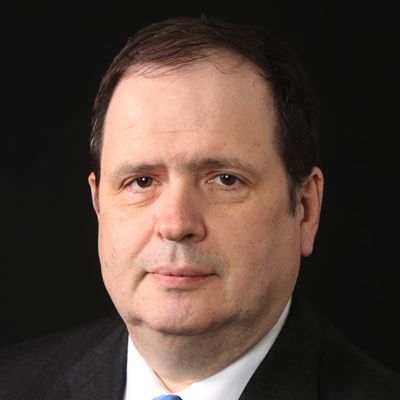

Bio
Greg Nowak, MD, PhD, is a Professor of Transplantation Surgery at Columbia University Medical Center and Director of Translational Xenotransplantation at Columbia Center for Translational Immunology (CCTI) in New York City, USA. Dr. Nowak also holds the title of Adjunct Professor of Transplantation Surgery at the Department of Clinical Science, Intervention, and Technology at Karolinska Institute in Stockholm, Sweden, where he was trained as a researcher and clinical and experimental transplant surgeon.
In 2003, Dr. Nowak obtained his PhD degree in transplantation surgery at Karolinska Institute. In late 2022, Dr. Nowak joined CCTI to lead translational research in xenotransplantation with a focus on tolerance induction using thymus-dependent and mixed chimerism approaches in the pig-to-baboon model. Recent results of his research at CCTI indicate that tolerance is achievable in xenotransplantation and that more effective protection of the xenograft against the recipient's innate immune system is required for success. Dr. Nowak is an active member of the Columbia-NYU working group on xenogeneic kidney transplantation, focusing on clinical translation of the approaches he uses in experimental animals.


Bio
Jeffrey Stern, M.D. is an abdominal transplant surgeon at NYU Langone Health in New York City. Clinically his focus is primarily in kidney and pancreas transplantation, living donor kidney donation and organ recovery. He has a research focus in clinical and decedent renal and heart xenotransplantation, translational research in the decedent model, organ donation, recovery after renal transplantation, medical student perceptions of organ transplantation. He received his medical degree from New York Medical College and went on to pursue general surgery residency training at the Virginia Commonwealth University Health System in Richmond VA. During his residency he spent two years performing transplant research at the Columbia University Center for Translational Immunology (CCTI) in New York City.
Social
Address
International Xenotransplantation Association
C/O The Transplantation Society
International Headquarters
740 Notre-Dame Ouest
Suite 1245
Montréal, QC, H3C 3X6
Canada



